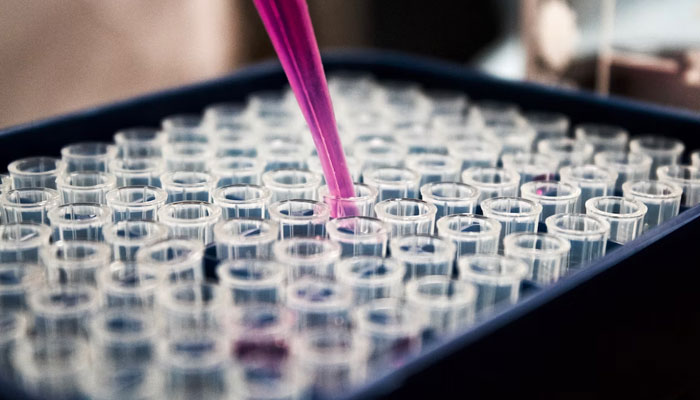New test seen as lifesaver as it can detect ovarian cancer in early stages
"Effective non-surgical testing for early-stage ovarian cancer has been elusive for more than five decades," expert says
June 06, 2023

After exhaustive research, scientists have succeeded in developing a test that can help oncologists diagnose deadly ovarian cancers earlier as well as faster than the current diagnostic methods.
This type of cancer, particularly epithelial ovarian cancer, is one of the deadliest and makes up 90% of ovarian cancers. Those detected with this live only five years. It is mainly because it does not show its symptoms and when it is detected, it is usually identified in the advanced stages.
CA125 is a type of blood test of protein, used to detect ovarian cancer but it’s not always reliable. A population screening programme conducted on over 200,000 women in the UK did not reduce the number of deaths.
The new test was developed by Pan Wang at Peking University in China his colleagues in which they collected uterine fluid from 219 female cancer patients.
It also included those with early-stage ovarian cancer, late-stage ovarian cancer, benign ovarian cancer and endometrial cancer.
This fluid coming from the ovaries and fallopian tubes contain cells and metabolic products, or metabolites.
While conducting analysis, the researchers found that the metabolites of 96 women were distinguishable from those in the early stages.
They identified a group of seven metabolites, including the amino acids tyrosine and phenylalanine, that could be used for diagnosis.
After this, they conducted the standard testing of CA123 used to detect cancer. Researchers concluded that the new test accurately diagnosed ovarian cancer in its early stages.
Eric Eisenhauer at Massachusetts General Hospital in Boston said: "The results are promising, but the test needs to be validated in a larger group of people."
"Effective non-surgical testing for early-stage ovarian cancer has been elusive for more than five decades," he said.
“Most currently available tests for early detection have difficulty identifying ovarian cancer while it is still at an early stage. I would like to see this profile validated in a larger prospective data set, but this initial report shows much promise.”
Despite the promising results, experts are asking to widen the net to include other factors that may influence the diagnosis of cancer at different stages.
The study didn’t include people without cancer as a comparison, and there may be other conditions that change the profile of metabolites in similar ways, said Sujata Rawat at the Adesh Hospital in Bathinda, India.











